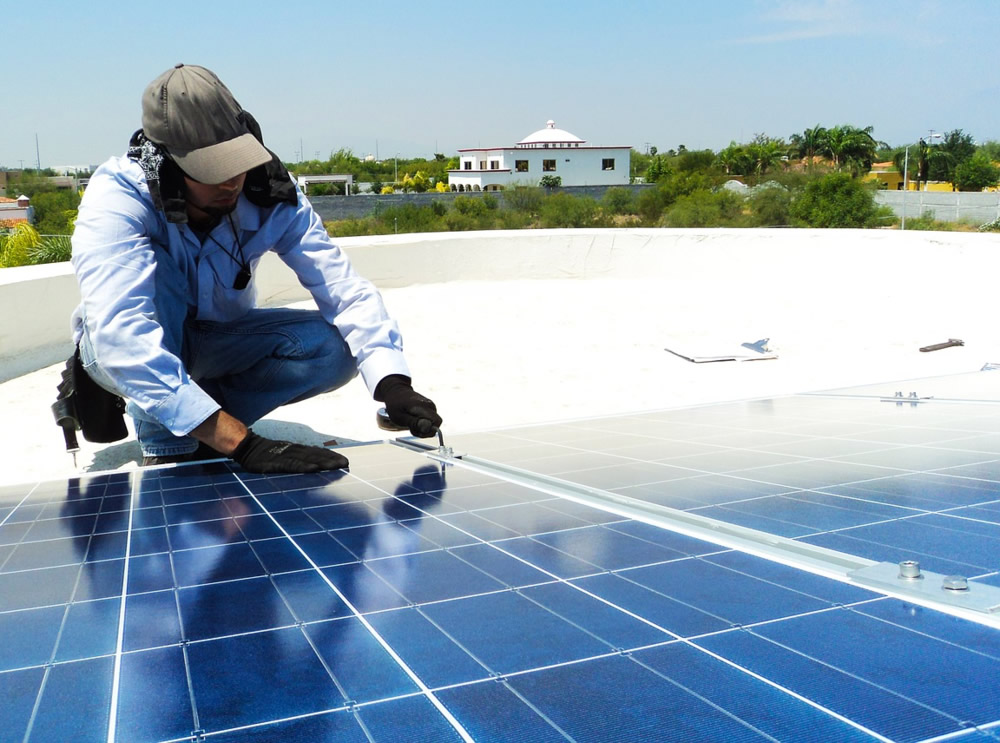
By Eddy Moore, special to Statehouse Report | Workers in the solar industry joke that when changes in regulation cause boom-bust cycles, it is like riding a “solar coaster.” The boom: In 2017, South Carolina produced 20 times as much solar electricity as it did in 2014, growing a nascent industry to 3,000 jobs.

And the threatened bust: Current law allows the rules for customer compensation to change when the amount of renewable power those customers can produce from rooftop solar adds up to 2 percent of the utility’s highest demand. In the Upstate, we have already hit that threshold. In other parts of the state, we are expected to hit it next year.
Welcome to the solar coaster! Three thousand solar workers are nervously watching legislators and regulators — in whose hands rest the future of their jobs — to see what rule changes will occur as customers hit the 2 percent mark and whether the industry remains viable.
We are at a crossroads for how much solar energy can expand in South Carolina.
And there is a ray of sunshine. The S.C. Coastal Conservation League, Southern Environmental Law Center, and partners from the solar industry and conservation community recently reached an agreement with Duke Energy Carolinas to extend current rules for its Upstate customers who want to go solar. Under those rules, solar customers essentially swap the energy they produce with the electric company, getting a one-to-one credit for each unit of energy they produce at home.
Without the agreement, which is an extension of the current regulations that will last until March 15, 2019, new solar customers would have been required to sell all the power they produce from their rooftops to Duke Energy at a lower rate and then buy it back at a higher rate. That unfavorable shift in compensation was threatening to drive solar companies out of the Upstate until the agreement was reached.
On Sept. 19, state regulators at the Public Service Commission approved the temporary fix. That gives Duke, solar companies and environmental groups a short span of time to develop a longer-term solution for legislative action early next year.
At stake is the right of South Carolinians to have a reasonable opportunity to generate and use their own renewable energy. The agreement with Duke is a hopeful sign that South Carolina can continue with the collaborative spirit that led to the enactment four years ago of legislation that jumpstarted the solar industry in this state.
We appreciate the South Carolina Office of Regulatory Staff, Duke Energy Carolinas and all our conservation and solar industry partners for coming to the table — proof that good things can happen when we work together. But let’s make some permanent fixes to the solar coaster so it’s a little less of a wild amusement park ride and a more serious part of our economy that deserves a stable regulatory climate.
Eddy Moore is director of the Energy and Climate Program at the S.C. Coastal Conservation League in Charleston.
- Have a comment? Send it to: feedback@statehousereport.com.















 We Can Do Better, South Carolina!
We Can Do Better, South Carolina!
Thanks, very informative article — and critically important!